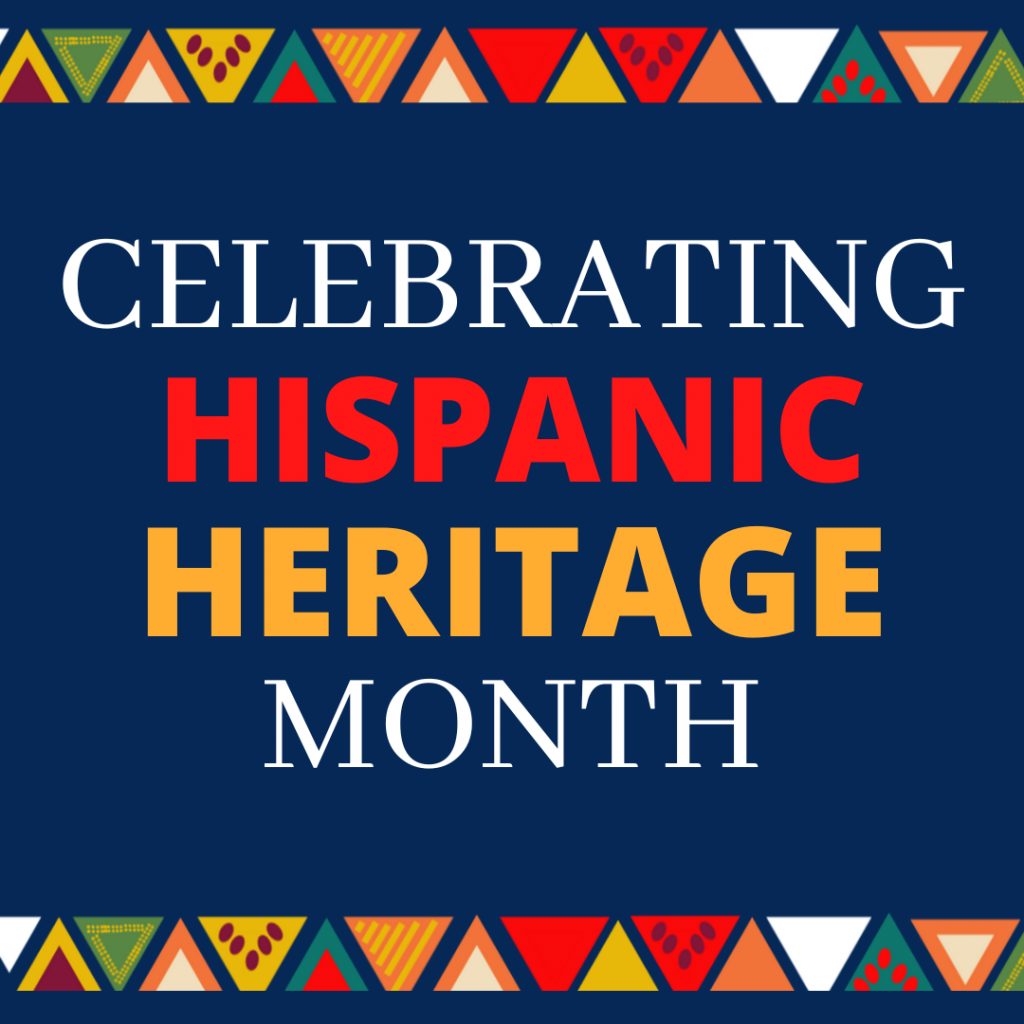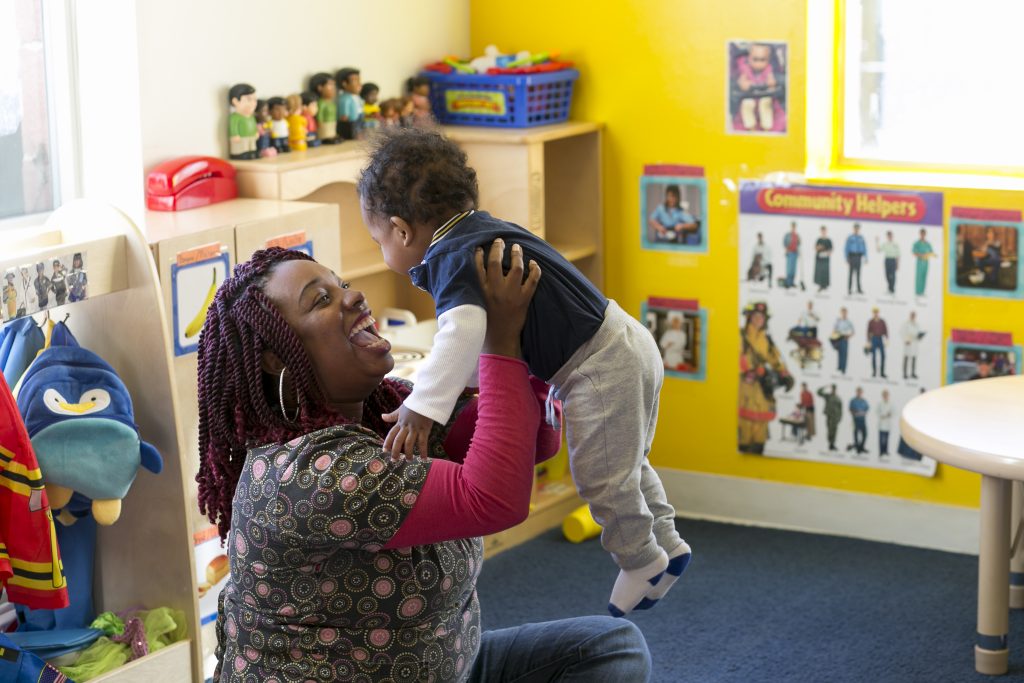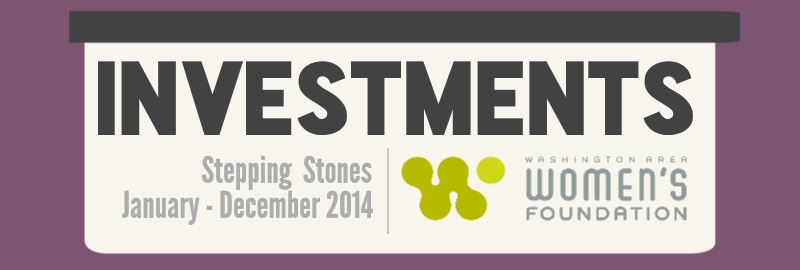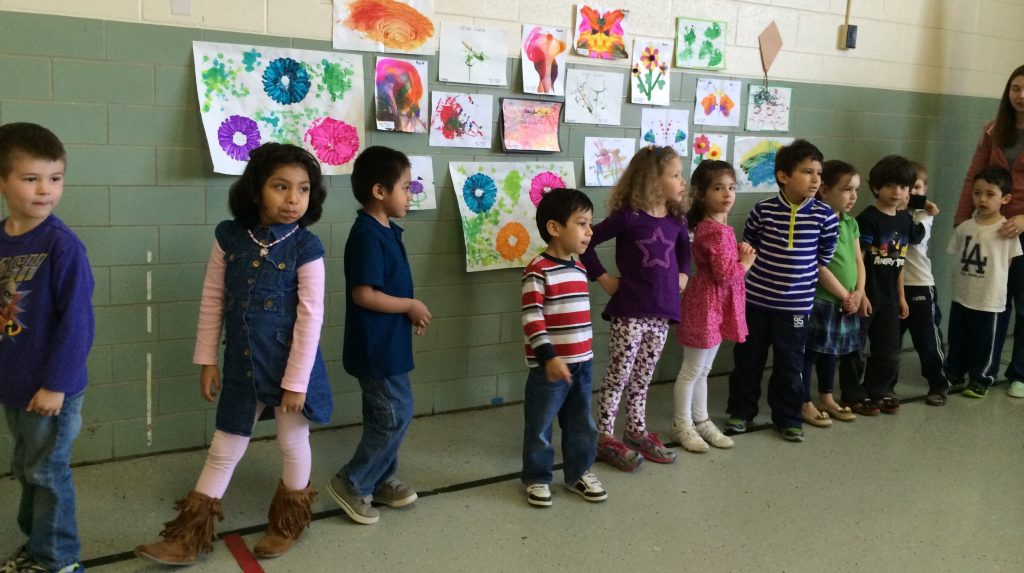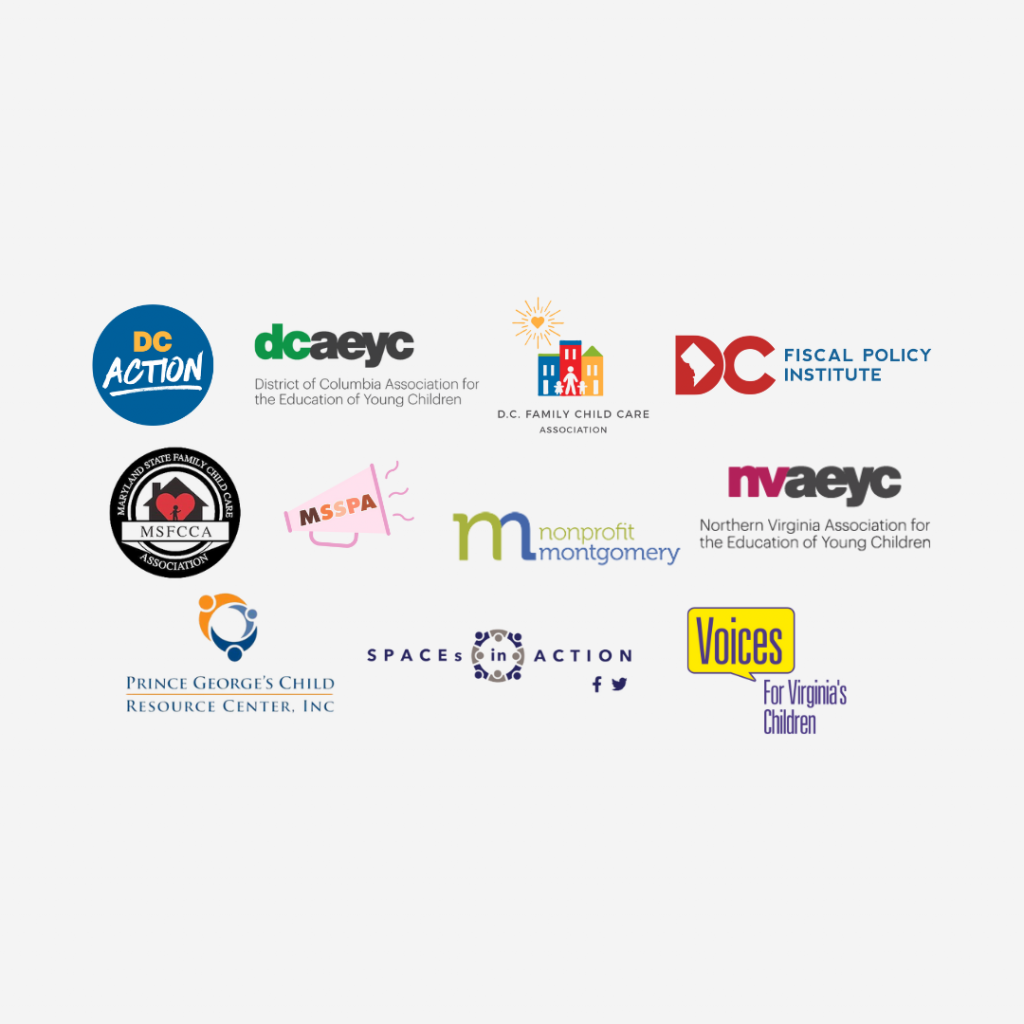
Early Care & Education Funders Collaborative (ECEFC) FY 2023 Grant Recipients Announced
The Women’s Foundation is excited to announce its FY 2023 grant recipients for the Early Care and Education Funders Collaborative (ECEFC)! Since 2008, Washington Area Women’s

